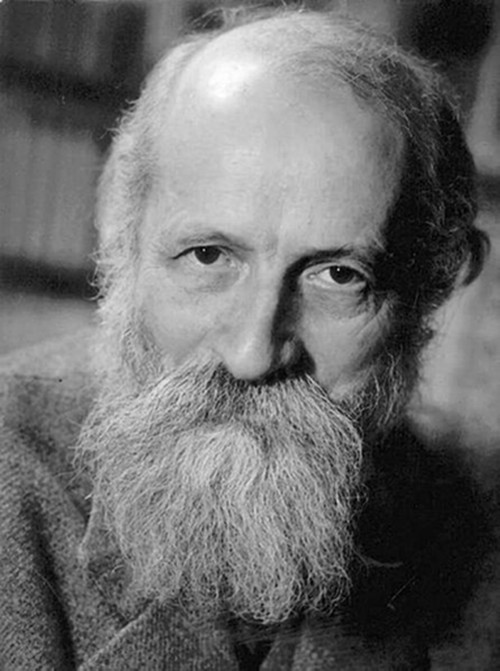Sex: a spiritual activity between lovers, a man’s obligation to his wife, or a simple act of pleasure? As part of Sexual Assault Awareness Month, Suffolk’s Hillel and the interfaith center held Kosher Sex, a discussion that centered on what the Torah says about sex and love, as well as wisdom from ancient texts for a happy marriage.
While approaching intercourse from a Jewish perspective, the big question was, “What does the Torah say about sex?” From the beginning of the scripture, sex is implied between Adam and Eve, however the actual word is nowhere to be found. Instead, the scripture tells us that Adam “knew” his wife, originally written in Hebrew from a term that means one comes to know “something” rather than “someone.”
Additionally, the “I and Thou” thought of Jewish existential philosopher Martin Buber was discussed. Buber argued that, in sexual relationships, one can either form an “I-It” view where one views their partner as a physical being from which they receive pleasure from, or an “I-Thou,” where both parties see each other apart from material or physical characteristics and more than “a dot in the universal grid of time and space,” according to Sex in the Texts by Paul Michael Yedwab.

(Photo courtesy of Wikimedia Commons)
Parts of the Talmud that cover sex were also discussed, covering topics on a “man’s obligation to sexually please his wife” according to the religious text, as well as the fine line between that obligation and the wife’s willingness.
“A man is forbidden to compel his wife to have marital relations,” reads Talmud, Eruvin 100b. Tying this to Sexual Assault Awareness Month, leaders of Hillel shared how this explicit demand for consent from the wife touches on the topic of forced sexual activity. Even though other parts of the Talmud descriptively list the husband’s “duty” to “visit” his wife enough to keep her sexually content, it also protects that “obligation” from being converted into a mandatory, and therefore not always consensual, act.
But sex can, and should, be a positive part of every marriage, and traditional Jewish texts enforce that idea as well as provide guidance for married couples to achieve this. From monogamy as the best option of all couples, to learning how to deal with your partners contrasting views and opinions, to accepting that strong marriages can overcome arguments, these ancient texts provided quite progressive ideals that are relevant and useful for present day romantic relationships.
“Sexual relations are considered highly important in a Jewish marriage,” a list of guidelines by Jewish psychologist Susan Heitler read. However, not only sex alone will produce a good relationship, so a “couple is encouraged to focus on enhancing their friendship,” a “vital ingredient to a full and healthy marriage relationship.”
“Jewish marriage aims for a full enjoyment of a partnership enriched by sexual pleasure,” according to Heitler’s guidelines, “Building an ever-better and ever-more-loving future together.”







